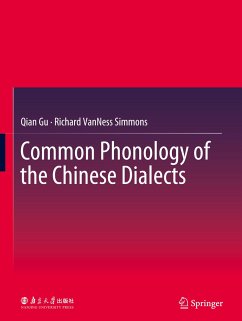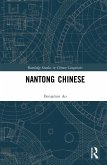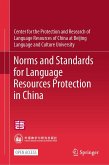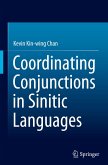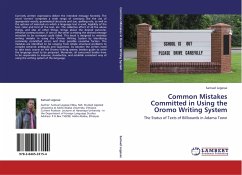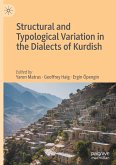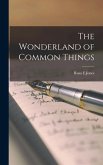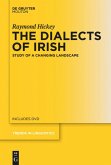This book presents a comparative reconstruction of the common phonology of the Chinese dialects using representative data from living dialects. The resulting phonology includes all categories and phonological distinctions that are represented in the dialect data. It departs from the tradition of using philological sources and non-Chinese borrowings as the basis for a reconstructed system. Based on a strict comparative methodology, the phonology presented encapsulates the shared phonology of the dialects and reflects the real-world distinctions and categories found in the living dialects. For example, the initials preserve the tripartite division that includes voiced obstruents seen in Wú dialects; the finals are comparatively drawn based on the collective dialect data; and the syllable codas preserve the three-way contrasts of consonant stop endings seen in the Cantonese dialects. The data presented allows readers to observe the basis for all of the distinction and categories includedin the common phonology and the relationship of that phonology to all of the dialects, and as a result to identify the dialects' disparate developments and evolution. The English translation also includes innovative elements that render it even more useful for researchers than the Chinese original. The book is primarily intended for scholars and researchers investigating the Chinese dialects and their relationships, and the history of Chinese. It is also useful for scholars of Chinese history and literature who need a handy resource providing essential information on the historical phonology of Chinese.
Bitte wählen Sie Ihr Anliegen aus.
Rechnungen
Retourenschein anfordern
Bestellstatus
Storno

